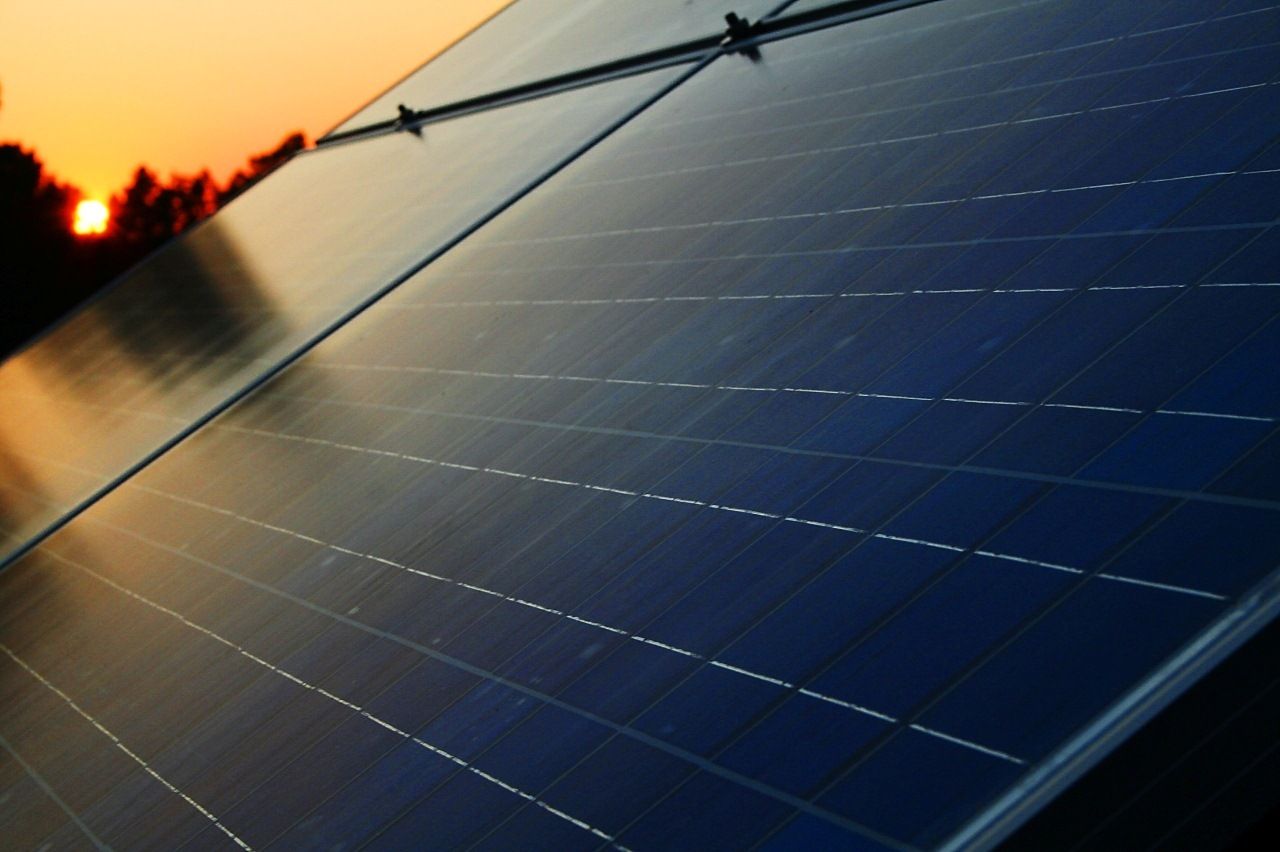Are you looking for an energy efficient way to create your own electricity? With the current regulations in the Feed in Energy laws, all homeowners can be able to produce their own energy and use the grid to store excessive amount of energy.
Solar grid-tied, on-grid system is a system connected to the utility power grid. Making a decision on whether or not to grid-tie your solar panels is a straight forward process.
The clear cut benefits of solar on grid systems draw the attention of most homeowners. Take a look at reasons behind investing in solar grid-tied systems discussed below.

Saving more with net metering –
A grid-tied connection allows you save more with solar panels through better efficiency rates, net metering, and lower equipment and installation costs. Batteries and other stand-alone equipment are necessary to operate an off-grid solar system and add to costs as well as maintenance. Generally, solar grid-tied systems are therefore affordable and simple to install.
The solar panels will be able to generate more electricity than consumption. With net metering, homeowners can store this excessive amount of electricity in the utility grid. However, net metering plays a significant role in how solar energy helps you take advantage of government incentives.
Without net metering, residential solar systems would be less feasible from a financial point. Most utility companies consider buying electricity from homeowners at the same rate as they sell it themselves.
![]()
Working utility grid as a virtual battery –
Electricity requires to be spent in real time. It can be stored temporarily likewise other forms of energy i.e. chemical energy in batteries. Typically, energy storage comes with significant losses. More electricity and more money go to waste with conventional battery systems.
Getting grid-tied systems include accessibility to backup power from the utility grid in case your solar system stops generating electricity. You help to mitigate the peak load of utility company simultaneously. As a result, the efficiency of electric system goes higher.
The Equipment Required for Solar On Grid Systems
Standard solar grid-tied systems have following components like grid tie inverter or micro inverter and power meter.
Grid Tie Inverter –
A grid tie inverter regulates voltage and current provided by the solar panels. Direct current (DC) produced from solar panels gets converted into alternating current (AC). AC is the current to be used by majority of electric appliances.
![]()
In addition, grid-tie inverter is also known as grid-interactive or synchronous inverter as it synchronizes the phase and frequency of current to fit the utility grid. The output voltage is adjusted slightly higher than the grid voltage for excess electricity to flow outwards to the grid.
Micro Inverter –
Micro inverter is certainly more expensive; but in many circumstances it yields higher efficiency rates. Homeowners suspecting to shading issues should definitely look into whether micro inverter works well in their situation.
Power Meter –
Most homeowners consider replacing their current power metering with the one compatible with net metering. It’s often called as net meter or a two way meter and is able to measure power going in both directions from the grid to your home and vice-versa.
You should check with your local utility company and check the available net metering options. In some areas, the utility companies provide a power meter for free of cost and pay full price for the electricity your solar system generates. But this is not always the case.
Bottom Line –
Have you decided to invest in solar on grid systems? At 123 Zero Energy, we provide geothermal systems, DIY solar PV kits, solar water heating systems, cold climate heat pumps, solar grid tied systems, etc. For more information about our systems, don’t hesitate to contact us as soon as possible at 1-800-317-9054.
No comments:
Post a Comment